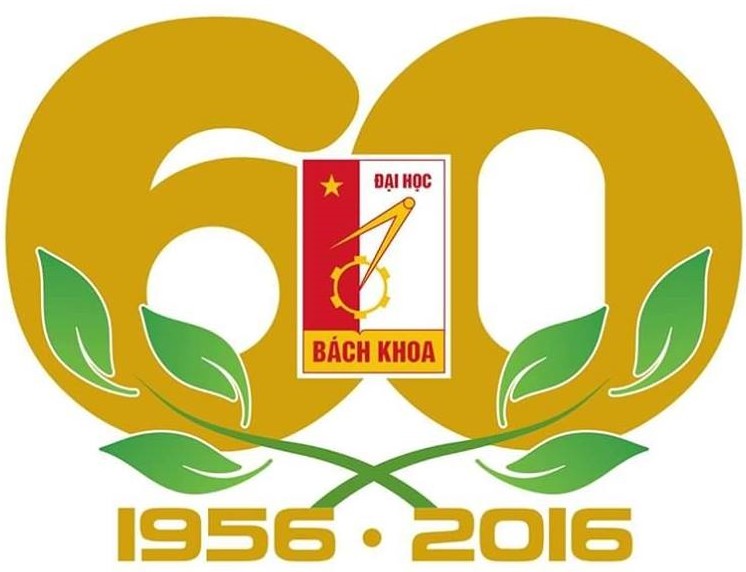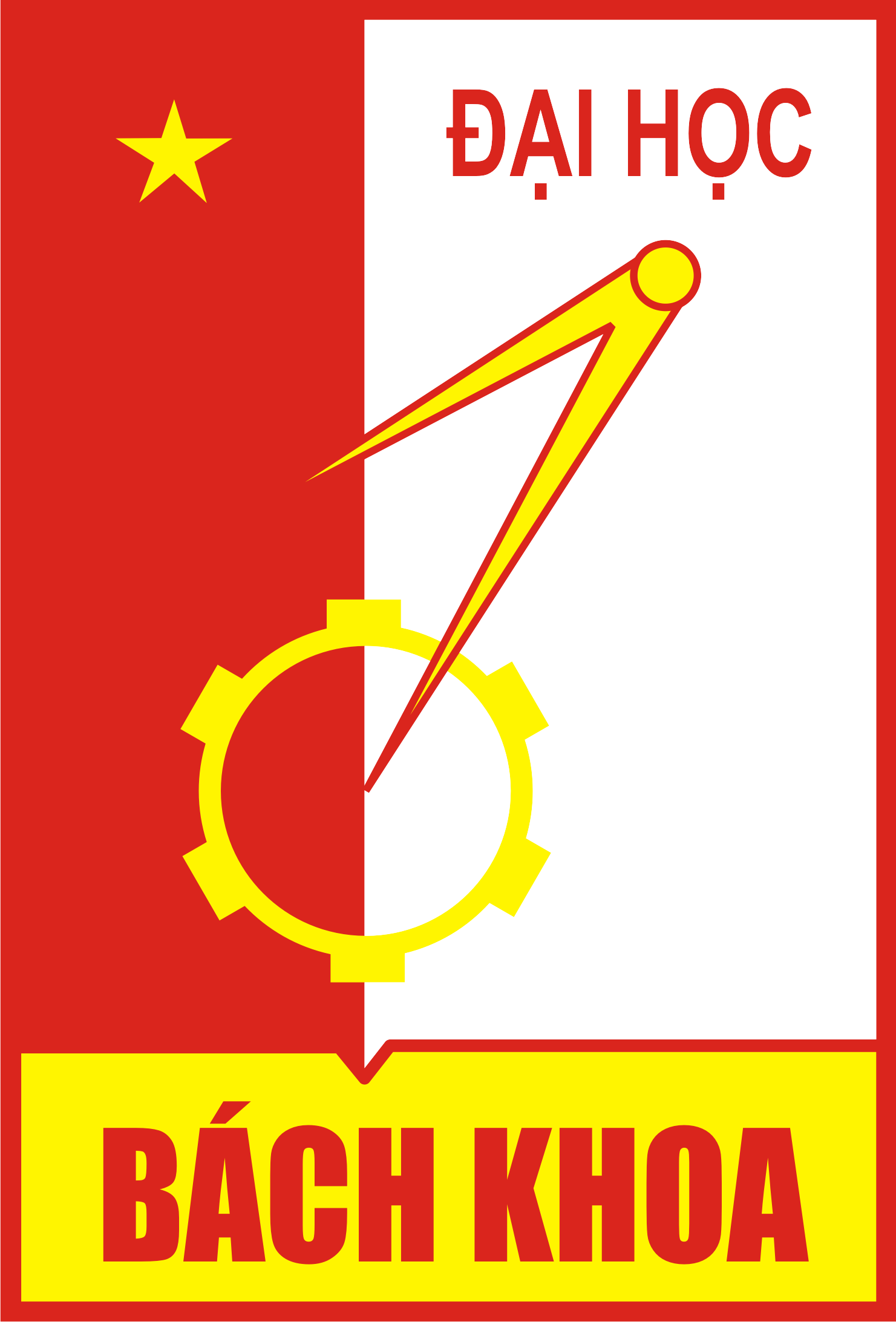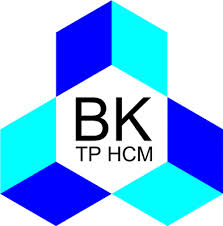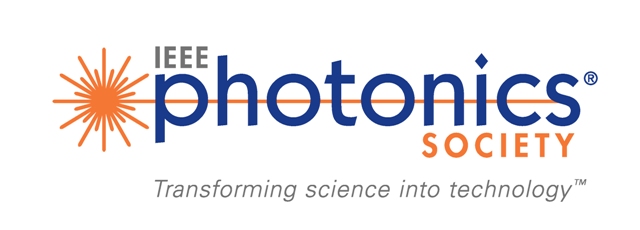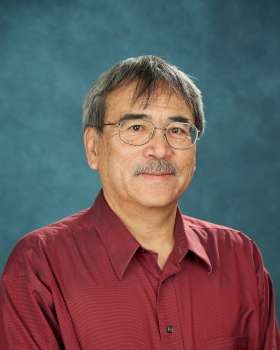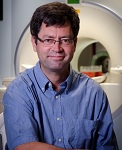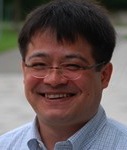Call For Papers
-
The International Conference on Communications and Electronics (ICCE) has become a prestige bi-annual international conference series in the area of Electronics and Communications recently. This time, the sixth ICCE (IEEE ICCE 2016) will be organized as a celebration on the occasion of the 60th anniversary of the Hanoi University of Science and Technology. In addition, IEEE ICCE 2016 will also be an event to mark its 10th anniversary. Following the past successful IEEE ICCE 2014, which received 228 submissions from 30 countries with the acceptance rate of 42%, the sixth ICCE (IEEE ICCE 2016) looks for significant contribution to various topics in communications engineering, networking, microwave engineering, signal processing and electronic engineering. The conference will also include tutorials, workshops, and technology panels given by world-class speakers. Besides the scientific activities, as IEEE ICCE 2016 will be held in the spectacular World-Heritage Site – Halong Bay, here, your passion of nature discovery will be awakened.
TIME AND VENUE
IEEE ICCE 2016 will take place at World-Heritage Site – Ha Long Bay, a beautiful coastal city in the north of Vietnam, from July 27 – 29, 2016 at Novotel, Ha Long, Vietnam.
SUBMISSION AND PUBLICATIONS
All authors should prepare full version of papers with minimum of 3 pages and maximum length of 6 pages and submit via EDAS: https://edas.info/newPaper.php?c=21277. All accepted papers will be published in IEEE ICCE 2016 Conference Proceedings, while papers accepted for oral presentation will be submitted for inclusion into IEEE Xplore®. It is also noted that so far the series title of ICCE has been listed and indexed by SCOPUS. The proceedings of IEEE ICCE series will be submitted to be listed in Conference Proceeding Citation Index (CPCI) of Thomson Reuters.
SCOPE OF THE CONFERENCE
Contributed papers are solicited describing original works in electronics, communications engineering and related technologies. Topics and technical areas of interest include but are not limited to the following:I. COMMUNICATIONS NETWORKS AND SYSTEMS
- Networking: Future Internet/Future Networks, Crowdsourcing, QoS/QoE and Resource Management, Optical Networks; Wireless, Mobile, Ad-hoc and Sensor Networks, Ubiquitous Networks and Internet of Things; Social Networking; Cloud, Data Center and Big Data Networking; Network Security, Energy-Aware Networking in Data Centers and Cloud, Green Wireless Netwokrs.
- Communication Systems: Coding and Information Theory and Signal Processing for Communications, UWB, Ultrasonic Communications, Satellite Communications; Radio-over-Fiber, Free Space and Fiber-Optic Communications; Software Defined Radio, Cognitive Radio; Cooperative Communications, Secured Communication Systems, Multi-antenna Communication Systems; Molecular, Biological and Multi-scale Communications.
II. MICROWAVE ENGINEERING
- Microwave Devices/Components Design and Techniques: Passive, Active components, MEMS, Integration Techniques, Nano-Scale Devices, Millimeter-wave and THz Components, Systems and Applications.
- Antenna and Propagation: Wideband, Multiband Antennas, Smart Antennas, Digital Beam Forming, MIMO, Antenna Modeling and Measurements, Phased Arrays, Millimeter-Wave antennas, Characterization of propagation channels and channel modeling.
- EM Field Theory and Simulation Techniques: EM Field Theory, Numerical Techniques, Metamaterials, FSSs, Electromagnetic Bandgap Structures.
- Emerging Technologies and Applications: wearable electronics and RF/MMW Technologies for Internet of Things etc
- Other related technologies and applications.
III. SIGNAL PROCESSING & APPLICATIONS
- Image and video: Image, Audio, Video Processing, and Analysis; 3D and Stereo Processing; 3D Scene Analysis and Scene Reconstruction; 3D Computer Vision Systems, Function Imaging.
- Signals and Systems: Biomedical Signal Processing and Analysis; Computer-Aided Diagnosis; Biomedical Applications in Molecular; Structural, Signal Filtering, Detection and Estimation; Nonlinear and Statistical Signal Processing; Modeling and Reconstruction; Soft Computing.
- Applications: PACS and Imaging Informatics; Ambient Intelligence; Image Based Human-Computer Interaction; Virtual Reality.
IV. ELECTRONICS SYSTEMS
- Analog Circuits: Basic blocks (e.g. Amplifiers, comparators, oscillators…); power control and management circuits, energy-harvesting circuits; digitally-assisted analog circuits.
- Digital Circuits: intra-chip communication circuits, soft-error and variation-tolerant circuits; crypto accelerators and hardware security circuits (e.g. PUF); circuits for power management.
- Architectures and Systems: microprocessors, micro-controllers, digital baseband signal processors, video and multimedia, embedded systems on FPGAs, system-level power management.
- EDA: System Design, Synthesis and Optimization; Formal Methods and Verification.
- Application Systems: Communication, Consumer and Multimedia; Medical and Healthcare; Spacecraft Avionics.
V. SPECIAL SESSIONS: IEEE ICCE 2016 offers special sessions, which provide an overview of the state-of-the-art and current research directions on communications and electronics. Please visit http://www.icce-2016.org/special-sessions for more details.








